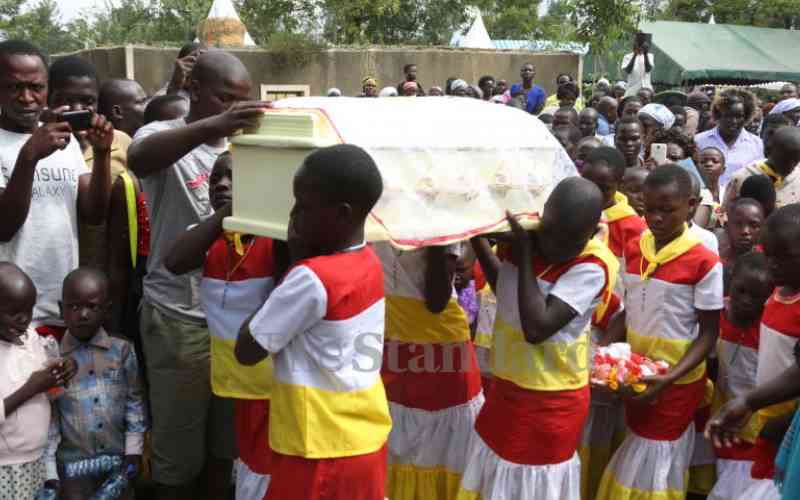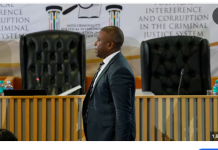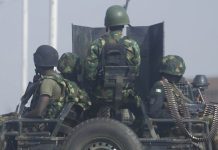
/
RSS Feed
Seven years after their six-month-old daughter, Samantha Pendo, was fatally injured during a violent police operation in Kenya, her parents, Joseph Oloo Abanja and Lensa Achieng, continue to endure heartbreak as the case against the accused officers faces yet another delay.
“This is a scar that will never fade,” Achieng, a hotel worker in Kisumu said recalling how Samantha died of a fractured skull and internal bleeding. Each postponed hearing deepens their anguish, as their quest for justice remains mired in delays and disappointment.
A Night of Horror
The tragedy unfolded on August 11, 2017, in Kisumu, a stronghold of opposition protests following a disputed election. Riots erupted across the informal settlement of Nyalenda, prompting the deployment of anti-riot police.
As chaos engulfed the neighborhood, the couple barricaded themselves in their modest one-room home. But by midnight, police had reached their door, pounding relentlessly.
“They knocked and kicked it several times, but I refused to open,” Abanja recounted, pleading for his family’s safety. Eventually, officers forced their way in by tossing a tear gas canister inside, suffocating the family and driving them out.
Outside, Abanja was ordered to lie down and was brutally beaten. His wife, holding Samantha, also suffered blows as she tried to shield her baby.
“I felt her holding me tightly, as if she was in pain,” Achieng said. Moments later, foam began to emerge from Samantha’s mouth. The officers left as neighbors helped rush the injured child to the hospital, but despite three days in intensive care, she did not survive.

















